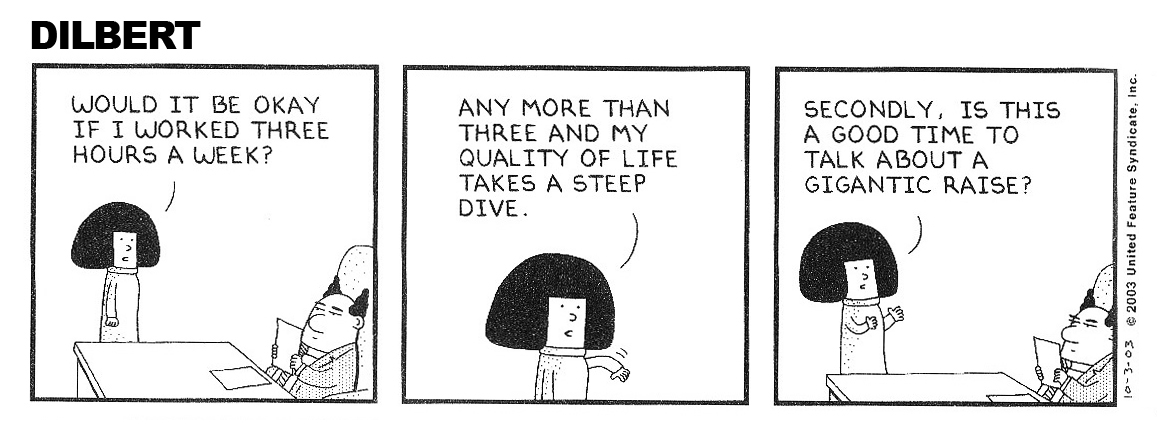
As we enter vacation season, it makes me think of a topic covered in my book. A couple of articles I ran across while writing it really got me thinking about something I’ve not had an issue with but that affects so many: workaholism. If quality of life is important to you, read on.
More professionals than ever have laptops and can access corporate networks, email, and the internet nearly anywhere. Did you know that on weekends a whopping 98% of executives log on to work email when they’re not at the office? Can you believe 577 million vacation days went unused by U.S. workers in 2013? And 94% of professionals work 50+ hours per week! As I mentioned earlier, there’s a time for going the extra mile as you get settled in at your new job, but too many working people are losing quality of life.
Work is an important element of life, and doing your best at your job and in the course of your career is good for everyone. However, too much work can be counterproductive. Research has shown that 2 months’ worth of 60-hour work weeks were no more productive than 40-hour weeks and that in less than 1 month, 80-hour weeks caused burnout.
Move toward going home on time. Limit working long hours to occasional projects that merit the time. Try to mentally detach when you leave the office. On vacation, nights, or weekends, resist that habit or temptation to respond to work emails. Don’t put so much pressure on yourself that you assume your supervisor and/or coworkers must have everything they ask for lightning fast or that anyone will think you’re a slacker if you’re not working 50+ hour weeks (even if others are).
NOTE: If your job involves a lot of time at the computer, give your eyes a break and look away from your monitor for 10 seconds every 10 minutes.
Employees in Spain, France, and Brazil have an average of 30 vacation days a year, but in the U.S. and Mexico they only have 10. Further, the U.S. is the only industrialized nation that doesn’t require companies to give full-time employees paid vacation time! (Check out www.vacationequalityproject.com for a list of a few things you can do to further the movement for vacation equality in the U.S.) Finally, research by former NASA scientists found that workers show an 82% increase in job performance upon returning from a vacation. Folks, let’s try to strike a better balance when it comes to how work fits into our lives. It may sound trite or cheesy, but a healthier and happier you is a better worker.
Looking for a new job? Want to get the one you want faster? Check out my new book, Here Today, Hired Tomorrow.

